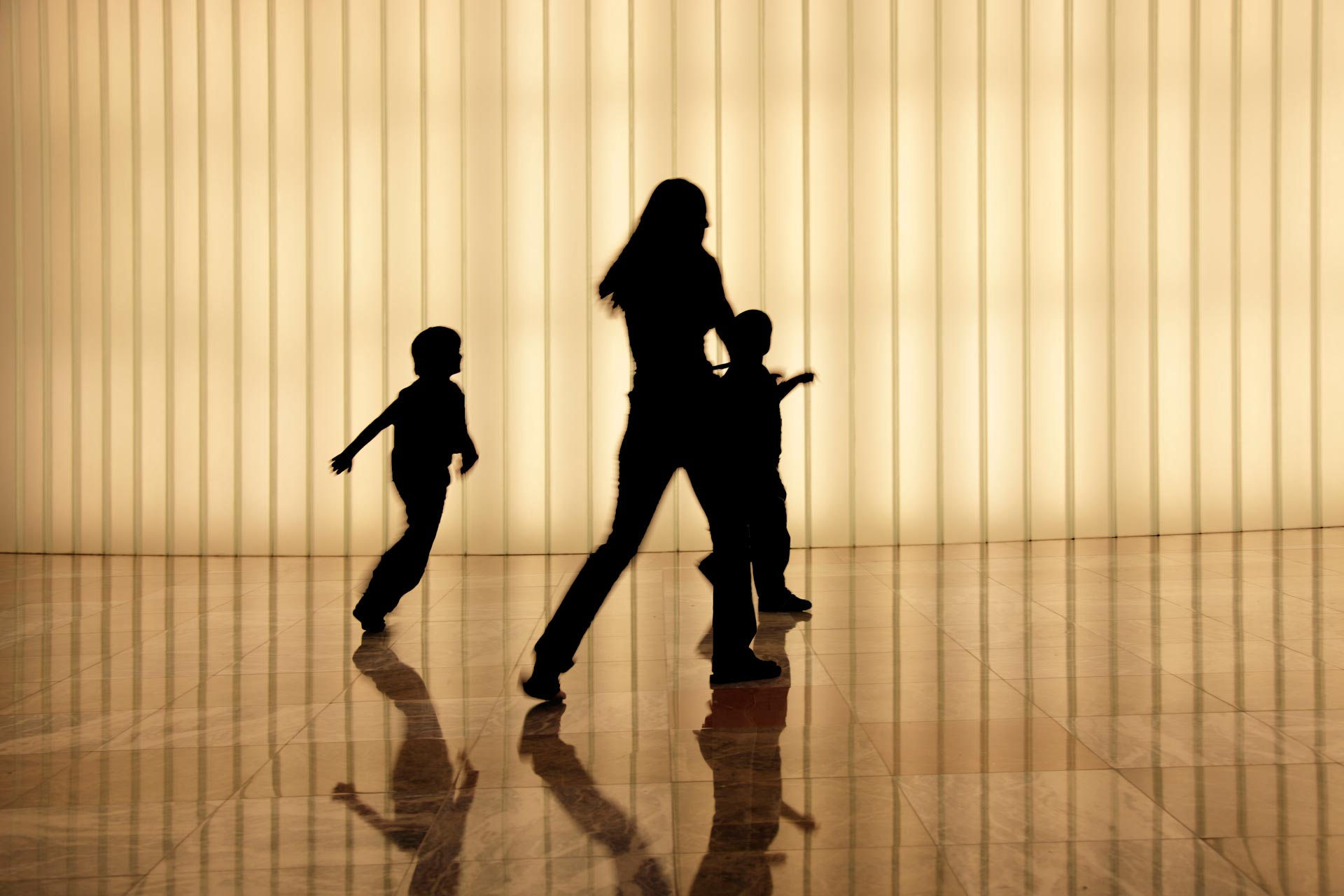
Pro Bono Story
Siobhan and John lived together in Northern Ireland for 23 years until John died of cancer in 2014, leaving Siobhan to raise their four children on her own.
John had made enough National Insurance contributions for Siobhan to be entitled to a bereavement payment and a widowed parent’s allowance. However, because they had never married or entered a civil partnership, the Northern Ireland Department of Communities told Siobhan that she was not entitled to the money.
Siobhan, a special needs classroom assistant, struggled to make ends meet and took on an evening cleaning job to keep her family’s heads above water. She sought legal help and started a lengthy battle to overturn the decision, eventually bringing a judicial review, which was ultimately decided on appeal by the Supreme Court, on the basis that the law was incompatible with the European Convention on Human Rights.
Interviewed after the judgment, Siobhan said: “I have cried, I have beamed with joy and then cried more. When you’ve got an amazing team behind you, you just go forward.”
Pro bono help was given to two charities so they could intervene before the Supreme Court in the hope that they could turn one woman’s fight into a result that could positively affect thousands of struggling families.
One of these was the Child Poverty Action Group (CPAG), which was assisted by solicitors from Hebert Smith Freehills and barristers Helen Mountfield QC from Matrix Chambers and Tom Royston from Garden Court North chambers. CPAG’s submissions to the Supreme Court focused on how the interests and rights of children relate to a benefit which, although paid to the parent, is intended to support the welfare of the bereaved children.
The Childhood Bereavement Network, part of the National Children’s Bureau, also intervened in support of the challenge, and were represented pro bono by law firm Irwin Mitchell and by barrister Stephen Broach from 39 Essex Chambers.
Sitting for the first time ever in Belfast to hear the appeal, the Supreme Court ruled that the denial of widowed parents’ allowance to unmarried, cohabiting partners with children was incompatible with article 14 of the European Convention on Human Rights, when read with article 1 to the first protocol, and that it was unlawfully discriminatory.
Although the judgment did not change the law automatically, the ruling put the government under pressure to change the legislation so that it benefits the children of non-married couples. Affected families have called for these changes to be brought forward as soon as possible so that Siobhan and others can receive the support they should be entitled to.
The Child Poverty Action Group works on behalf of the more than one in four children in the UK growing up in poverty: www.cpag.org.uk
The National Children’s Bureau brings people and organisations together to bring about the best for children and young people: www.ncb.org.uk